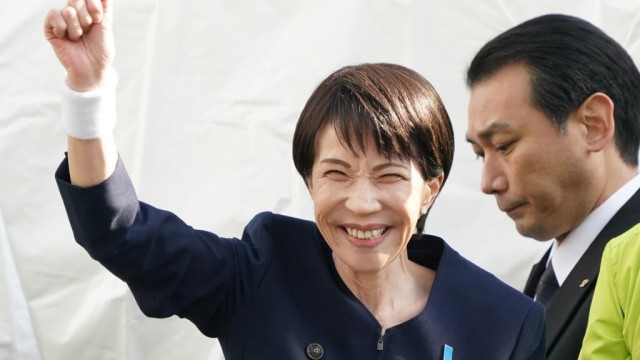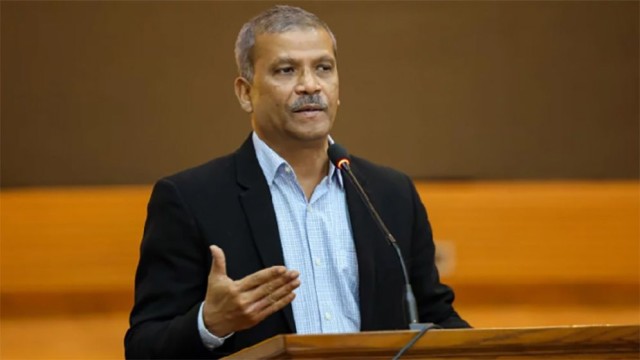Dec 05, (V7N) - Labour Prime Minister Keir Starmer is facing a turbulent period as he delivers a speech that aims to define his government’s next phase amid mounting challenges. The government's approval ratings have plunged due to controversial decisions, including scrapping winter fuel payments for millions of pensioners, maintaining child benefit restrictions, and accepting gifts from a wealthy donor. These issues have been overshadowed by the departure of his chief of staff, Sue Gray, following intense media scrutiny and reports of internal conflict within Number 10.
Starmer’s finance minister's budget on October 30 also failed to provide a positive narrative, focusing instead on anger from farmers and business owners over tax increases, especially the inheritance tax and employer payroll contributions. Critics argue that these measures, alongside a rise in business taxes and national minimum wage, and plans for higher state borrowing, will undermine the Labour government’s goal of reviving the UK economy.
In his upcoming speech, Starmer is expected to assert that the government was elected on a mandate of change, with a plan that reflects the priorities of working people. However, this speech comes amid the fallout of Starmer's first ministerial resignation when Louise Haigh, the transport minister, stepped down after pleading guilty to a criminal offence prior to her election.
Starmer’s government has highlighted several policies already implemented, such as the launching of a publicly owned clean energy company, the lifting of the ban on new onshore wind farms, and strengthening workers' rights. He has also focused on international diplomacy, visiting over a dozen countries to repair post-Brexit relations.
Nevertheless, this speech is seen as a “reset” for Starmer’s leadership, with reports suggesting that he might revise some pledges from his successful election campaign. This includes potentially dropping a promise to make the UK the fastest-growing economy in the G7, instead aiming for targets to improve living standards. Additionally, Starmer is expected to set a target for NHS waiting lists and announce a plan to add 13,000 more police to combat anti-social behavior.
Starmer faces high expectations to deliver tangible progress, as many voters will judge the government's success based on these commitments. Despite the challenges, Patrick Diamond, a former policy adviser, believes Starmer's approach represents an “honest” and ambitious program for government, though he will need to ensure the government meets its key pledges to avoid repeating the mistakes of Rishi Sunak, who struggled with unmet promises during his tenure.




























Comment: